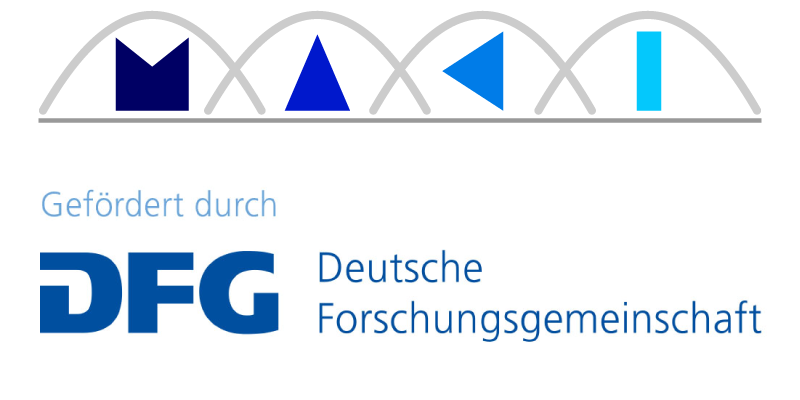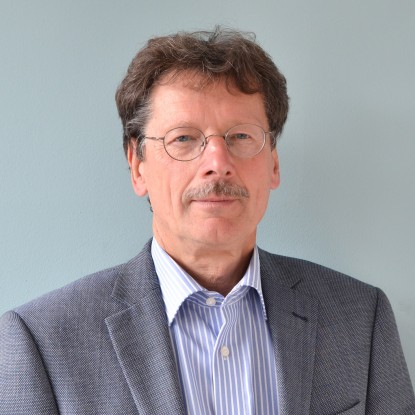| Vortragender | Dr. Amr Rizk |
| Titel | Transition planning in the next phase of MAKI: Analytical approaches to prediction and transition evaluation |
| Zeit | Montag 05.10.2015, 12:00 Uhr |
| Ort |
Darmstaedter Haus Oberseitestraße 38 87568 D oder A-6992 Hirschegg / Kleinwalsertal |
|
Abstract |
|
|
In this talk we will be outlining the details of the proposed planning subproject B4 of the next phase of MAKI. The subproject B4 will be concerned with the methodology of planning transitions and performance metric prediction. In particular, B4 will be focusing on the „AP“ parts of the MAPE loop. In this presentation, we will focus on fundamental examples of transitions within MAKI, e.g., between different network paradigms such as ICN and IP but also such as different video coding mechanisms or different topologies. Our main focus lies on the impact of transitions on network performance, which is captured using metrics such as packet delay, dispersion and cache hit rates. Our goals in B4 summarize into deriving analytical models for anticipatory transitions planning to optimize network performance. These models may be based on queueing theoretic network abstractions such that performance planning may be tackled using Markov decision processes. The research questions corresponding to the proposed work in B4 encompass modeling the performance of different fundamental mechanisms in stand-alone mode as well as during transitions. We will also analyze the stability of transitions from a control theoretic point of view before looking into the accuracy of planning that is based on sampled monitoring information. |
|
|
Bio |
|
| Amr Rizk graduated from the Technische Universitat Darmstadt, Germany in 2008 and received his doctoral degree (Dr.-Ing.) from the Leibniz Universität Hannover, Germany, in 2013. He has been a Post-Doctoral Research Fellow with the Department of Computer Science at the University of Warwick, U.K., in 2014. Currently, he is a Post-Doctoral Research Fellow at the University of Massachusetts Amherst on a stipend from the German Academic Exchange Service (DAAD). | |
SFB 1053 MAKI

Dr. Amr Rizk
Dr. Amr Rizk



